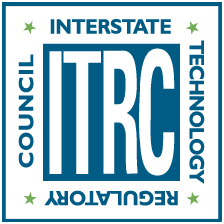8. Recommendations for the Future
This document has captured a great deal of information and resources available with regard to SRR at the time of its publication, but it is by no means comprehensive in its scope. In discussion with the members of the SRR Team as to what areas they believed could use further research, the following topics were indicated:
- Local discussion of tradeoffs and the balance between the prongs of sustainability (economic/social/environmental). Site decisions vary from site to site, community to community, and understanding the local acceptance of risks can lead to a better decision overall.
- Implementation of more of a risk management approach, bringing in more relevant local information where possible to more thoroughly evaluate site actions.
- Demonstration of the value that SRR techniques can bring—publish additional case studies to show that value/success. Also show case studies where remedy has been confounded by extreme events (weather, wildfire, climate change, etc.). Research and publish evaluation of extreme events on existing remedial systems to assist others in making sound decisions.
- Additional research/examples and focus on adaptive capacity. Publish the research to increase knowledge and awareness so that others can make a case for using SRR techniques.
- Development of metrics to track progress on goals of SRR actions.
- Development of further guidance or standardized methods for conducting vulnerability assessments.
- Better examples of intentional resiliency implementation in case studies. Provide less than perfect examples of resiliency planning and show how partial success can be measured.
- Encouragement of periodic site reviews that include an evaluation of resiliency.
- Encouragement of greater focus on SRR in design phase of site work.


